
Implications for antimicrobial use and antimicrobial resistance.
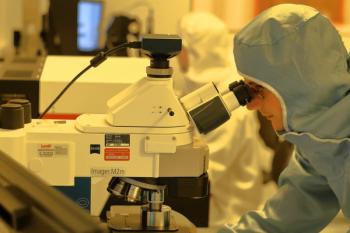
A small study focused on patients' infection response from symptom onset to recovery or death.

Contemporary care guidelines for this bacterium in geriatrics needs to be followed more closely, one study found.

Study outlines differences in health, access to care, among other factors.
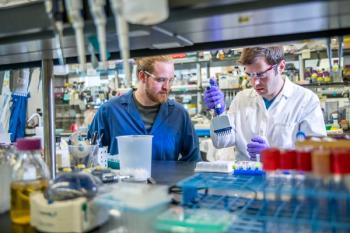
Findings included a reduction in fever, an increase in white blood cells and a sharp decrease of c-reactive protein (CRP) levels.

Multi-epitope vaccines are constructed by multiple virus protein fragments rich in overlapping epitopes.
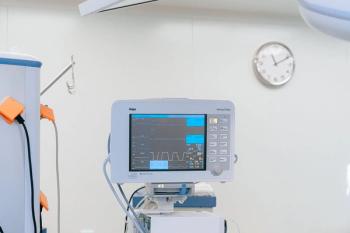
Tele-intensivists working overnight can cover several patients, allowing the daytime intensivists more rest, decreasing the likelihood of burnout.
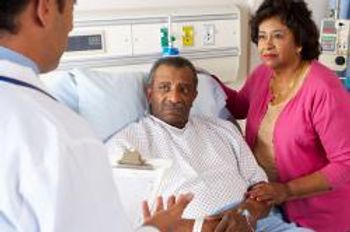
US counties that scored higher on the Social Vulnerability Index, which includes such factors as poverty, unemployment and education, saw higher incidence rates of COVID-19 cases and deaths, a University of Michigan study found.

The agency limited it Emergency Use Authorization (EUA) for the COVID-19 therapy to the use of high titer COVID-19 convalescent plasma only for the treatment of hospitalized patients early in the disease. FDA is no longer authorizing the use of low-titer plasma in its EUA due to a lack of efficaciousness in further studies.

Pending advisory committee support and granted authorization, the adenovirus vaccine could become the first single-shot option in the US.

Defining recurrent, convergent, patterns of adaptation of viruses can provide better predictive potential.
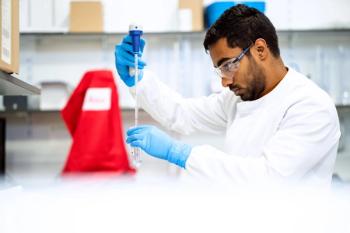
Binding interface of electrostatic interactions have been recognized as an important factor for protein-protein recognition.
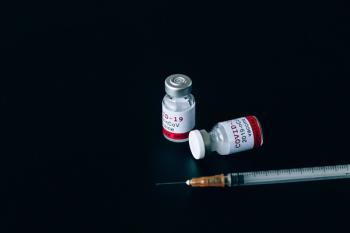
A protein subunit vaccine candidate for COVID-19 demonstrated safety and immunogenicity in a phase 1, placebo-controlled, dose escalation trial.

Educating young people is especially critical and many countries have seen great success in youth education as a prevention strategy.

Findings may aid in understanding mechanisms by which drug molecules mitigate viral infections.

A syndemic association between the two infections may have an increasing impact on affected people and communities.

Findings are now being used to examine whether individuals with a history of brain trauma are more susceptible to the virus.
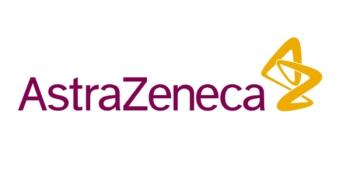
The company is reporting a reduced transmission after the first and second doses. However, questions are arising on the data around these claims and Switzerland declined to approve the vaccine.

A study's findings could and should shape vaccine distribution, the authors say.

Treatment shows promise for patients whose lungs are so injured that a ventilator is unable to deliver enough oxygen.
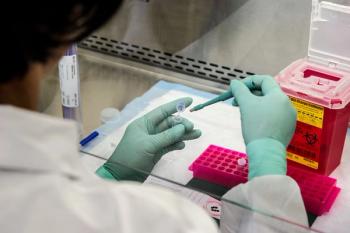
Molecular profiling of SARS-CoV-2-infected cell lines revealed pathways co-opted by the virus.
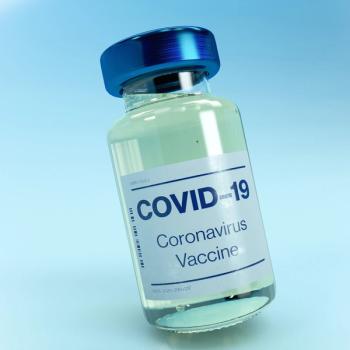
New preliminary phase 3 data show the two-dose vaccine may even hold benefit for single-dose use.

Investigators plan to partner with testing facilities at the University to distribute the device to students.

Adherence to nonpharmaceutical interventions such as staying home and avoiding eating in restaurants dropped during the pandemic, while use of face masks increased, according to a new report.

Patients with gastrointestinal tract problems may be susceptible to more severe disease and symptoms from the coronavirus.

Concerns are being raised for COVID-19 and the potential impact on HIV, tuberculosis, and malaria in low-income and middle-income countries. A team of researchers recently addressed this issue with a modeling study.

A £100 million donation from Ineos will fund collaborative effort across sciences.
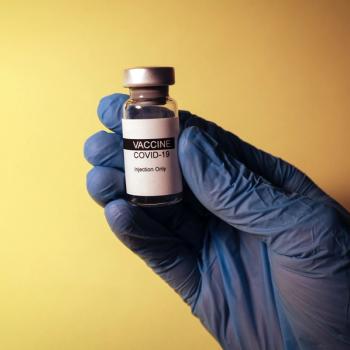
The world is closing in on 100 million total vaccine doses administered.
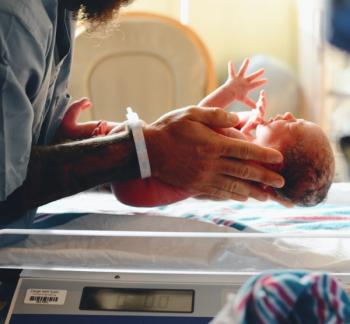
Cohort data shows 87% of infants born to mothers with asymptomatic or symptomatic COVID-19 have developed antibodies at birth.